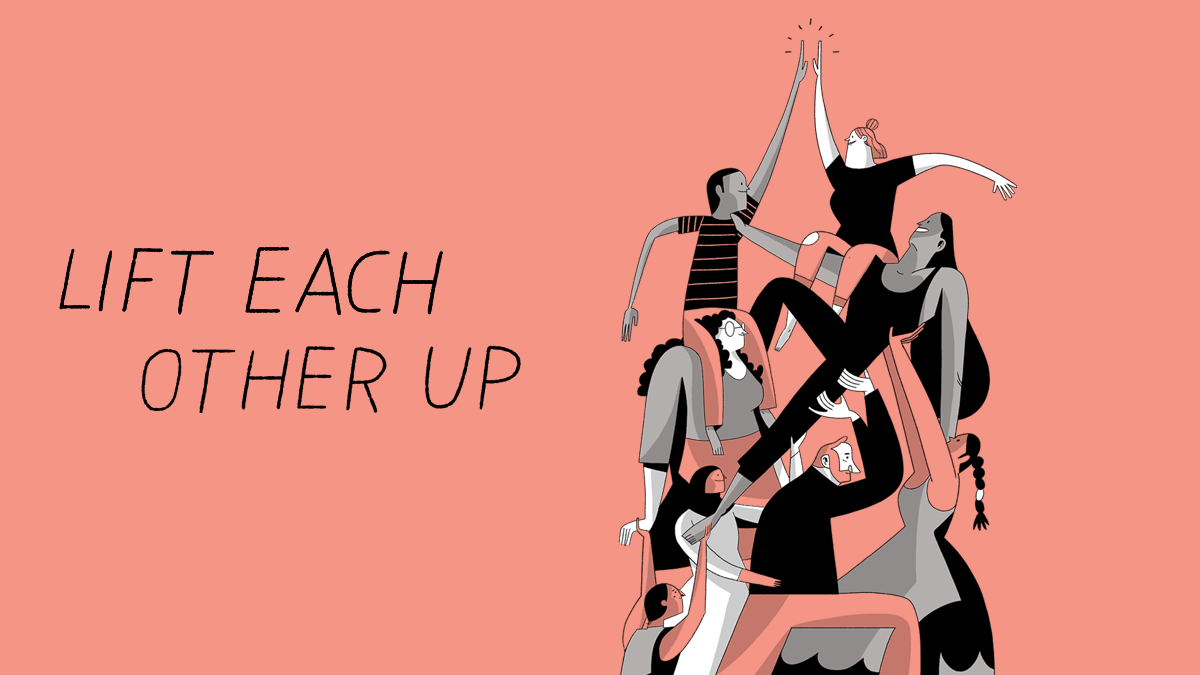A year has passed since Russia invaded Ukraine on 24th February 2022, and during this time, humanitarian donors and actors, particularly volunteer and grassroots organisations, have come together to provide various forms of support for the 17.7 million people that have been affected by this conflict. As of February 2023, over 8 million Ukrainian refugees have been recorded across Europe and about 5.4 million people are internally displaced within the country. The majority of them are women and children.
Anyone who has been forced to flee or who lives in an area of armed conflict is particularly vulnerable, even more so women, girls, adolescents and marginalised populations. People’s access to health services may be suspended or the quality may be low, and they will not have access to life-saving reproductive health care. They are in a dire state of emergency and further exposed to risk of sexual violence, sexually transmitted infections including HIV, unintended pregnancies and unsafe abortions. Amid the terrifying devastation experienced through a humanitarian crisis, people need first and foremost safety and protection. Sexual and reproductive health (SRH) services save lives and prevent further suffering.
Countdown 2030 Europe has put together a list of actions to be taken by European humanitarian donors and actors in order to ensure that refugees have access to the sexual and reproductive care they need. Recommended actions span from ensuring a sustainable and coordinated humanitarian response; protecting and supporting the most marginalised to prioritizing funding for SRH and sexual and gender-based violence services.
Read the factsheet.
Photography: © IPPF / Hannah Maule-ffinch



